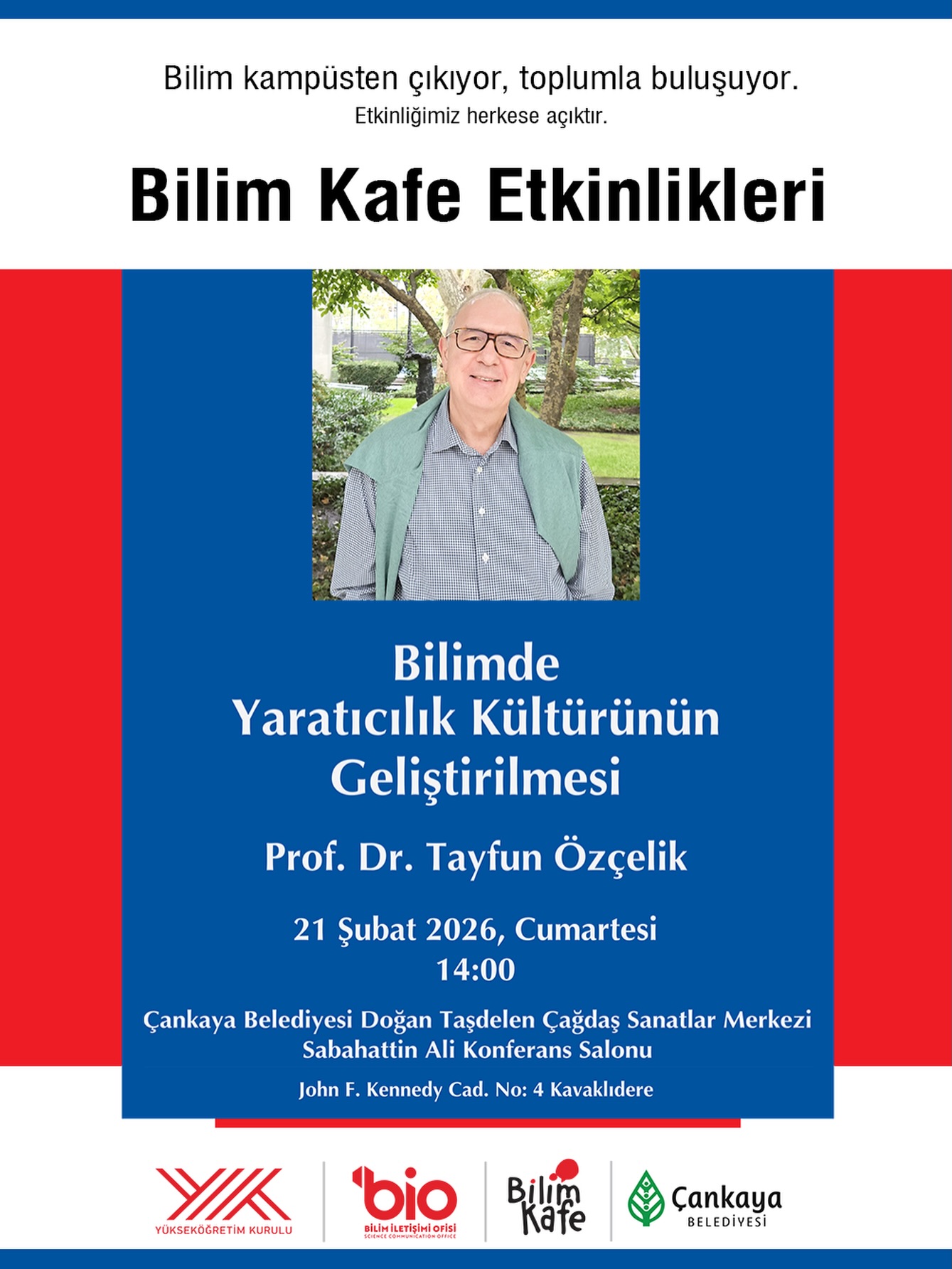Prof. Tayfun Özçelik, Dean of the Faculty of Science and Chair of the Department of Molecular Biology and Genetics, received an international grant to investigate the involvement of brown adipose tissue in the development of obesity. The grant of $7 million is funded by one of the largest international philanthropic organizations on metabolic and cardiovascular diseases, Leducq Foundation (https://www.fondationleducq.org). The grant intends to foster cutting-edge transatlantic research collaborations amongst premier research institutions in Europe, US and Canada. Prof. Özçelik is one of the principal investigators of the project along with others from Cambridge, Harvard, Rockefeller and McGill Universities as well as from UT Southwestern Medical School, Icahn School of Medicine at Mount Sinai and Josep Carreras Leukemia Research Institute. The aims of the project can be accessed at https://bidmc.theopenscholar.com/leducq-brown-fat/. The site also references the following information: Brown Fat and Cardiovascular Health: Genetic Determinants and Molecular Mechanisms.
Obesity is one of the most urgent health problems facing humanity. Over 650 million adults worldwide are obese, and in some countries obesity rates are approaching 50%. Excess body weight significantly increases the likelihood of developing type 2 diabetes, hypertension and elevated cholesterol. These conditions are major risk factors for cardiovascular disease, the leading cause of death in the world. These numbers highlight the critical and unmet need to develop therapies to break the link between obesity and disease.
Obesity is defined by an excess of body fat, which is comprised of white and brown fat. While white fat stores energy, contributing to obesity and its complications, brown fat holds great potential as a therapeutic target due to its ability to burn energy, resulting in metabolic benefits. By studying a large human cohort, the consortium investigators have discovered that the presence of brown fat is associated with significantly reduced odds of type 2 diabetes, hypertension and coronary artery disease. These novel findings in humans serve as the foundation for studies in humans and mouse models to identify the genetic determinants of brown fat and understand how it conveys its benefits. A team comprised of eight scientists and physicians from the United Kingdom, United States, Canada, Spain and Turkey, with their distinct and complementary expertise, will work together on this project.
The goal of this highly interdisciplinary work is to determine the basis for the metabolic and cardiovascular benefits of brown fat. The consortium will achieve this goal through three aims: (1) investigating genetic regulation of brown fat function, (2) studying the cardiovascular and metabolic benefits conferred by brown fat and (3) identifying effectors and circulating biomarkers of brown fat function. This research has the potential to identify entirely new therapeutic targets to disrupt the connection between obesity and associated cardiovascular and metabolic diseases.











































